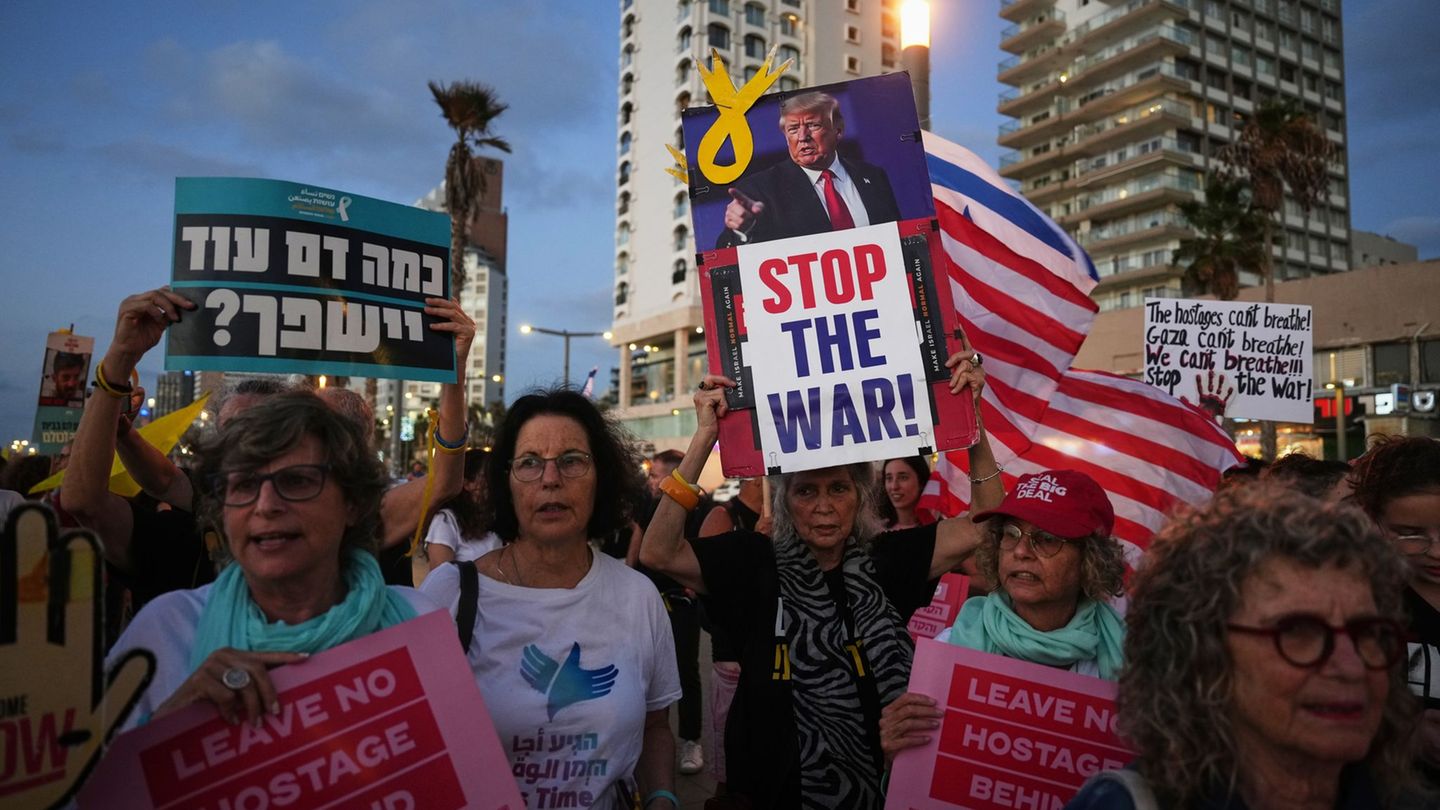The People’s Republic is in the worst corona wave since the beginning of the pandemic in Wuhan. The situation in Hong Kong is out of control. Can China continue to implement its zero corona strategy?
Volkswagen is currently feeling how tense the corona situation in China is suddenly. The German group initially had to stop production in the north-east Chinese metropolis of Changchun for a few days.
The authorities have put the city and the entire province of Jilin into a lockdown. It would be a heavy blow for China and probably for the entire global economy if such measures were soon to become necessary across the country.
Zero Corona policy still tenable?
So far, China has always managed to bring outbreaks under control quickly. But Omikron – easier to transfer than other variants – is pushing the Chinese zero-corona policy to its limits. With around 5,000 cases nationwide, the highest daily number of infections since the first big outbreak in the central Chinese metropolis of Wuhan a good two years ago was registered on Tuesday.
A few thousand infections may seem ridiculously small from a German perspective, especially in a country with 1.4 billion people. But China is on the alert. The trend in the number of cases has been rising steeply for weeks. The majority of infections are still being reported from the already isolated province of Jilin, where new makeshift hospitals are being rushed up for isolation. But the virus is spreading.
Around 20 Chinese regions have been reporting at least a few cases for days. This also includes the capital Beijing and the important economic centers Shanghai and Shenzhen in the south of the country. Similar to Changchun, the 17 million metropolis ordered its citizens to lock down for several days. The Apple supplier Foxconn had to stop parts of the production.
Vaccines and conspiracy theories
Since hardly any Chinese have been infected with the virus so far and Chinese vaccines are considered less effective, a widespread outbreak could result in many deaths, observers warn. Classic inactivated vaccines containing dead viruses are used in China. These usually caused a relatively weak reaction in the part of the immune system that protects against severe courses, says Giessen virologist Friedemann Weber. And the protection wears off over time.
The mainland Chinese are following the development in the Chinese special administrative region of Hong Kong with horror: In the financial metropolis, the situation has gotten out of control despite similarly strict measures as in China. Tens of thousands of cases are reported every day – and most recently almost 300 deaths per day. An exorbitant value for a city with only 7.5 million inhabitants.
There are so many deaths because the Hong Kong government has failed in two years of pandemic to convince elderly people to get vaccinated. Many thought they were safe because there were hardly any infections. Others sat on conspiracy theories about harmful side effects. Only around 20 percent of those over 80 had been fully vaccinated by the start of the current wave in Hong Kong. In China, according to official figures, this figure was around 50 percent in December and is likely to have risen since then. However, the vaccination rate among the elderly remains below the national average.
The Berlin virologist Christian Drosten, who had already described China as his greatest concern at the end of December, sees his expectations confirmed by the development in Hong Kong: “Omicron is not mild in unvaccinated older people,” he recently tweeted. And pointed out that in Germany, more than two million over 60-year-olds have not yet been vaccinated.
China’s strategy
In any case, the strategy of the Chinese authorities has remained the same so far: if infections are reported in a city, the outbreaks should be nipped in the bud as soon as possible. Contacts are rigorously traced, people are not supposed to go out the door until mass testing has filtered out the positive cases and sent them to isolation. The lockdown metropolises of Changchun and Shenzhen are currently doing the same. But can densely populated China keep Omicron under cover for so long?
Timo Ulrichs, an expert in global health at the Akkon University of Human Sciences in Berlin, estimates that the virus is very likely to spread. “The question is to what extent China intervenes in a regulatory manner here, i.e. changes its own strategy: from a zero-Covid strategy to a controlled accompaniment of the spread.” From Ulrichs’ point of view, a strategy adjustment would also have to affect the vaccination campaign: It would be best to use the vaccines approved in Europe and the USA.
mRNA vaccines such as those from Pfizer/Biontech or Moderna could well be used as boosters in China, says virologist Weber. “If the need is great, it seems to me that China would take such a step. The question is how long millions of people should be sent into lockdowns again and again. »
Ulrichs believes that if China sticks to the restrictive zero-Covid strategy, there would be considerable restrictions on globalized trade. He considers the Chinese corona numbers to be reliable. “However, after the initial outbreaks, there will be an increasingly high number of unreported cases.” If the number of infections continues to rise despite all efforts, China is likely to face difficult weeks and months – with consequences for the whole world.
Source: Stern
David William is a talented author who has made a name for himself in the world of writing. He is a professional author who writes on a wide range of topics, from general interest to opinion news. David is currently working as a writer at 24 hours worlds where he brings his unique perspective and in-depth research to his articles, making them both informative and engaging.




